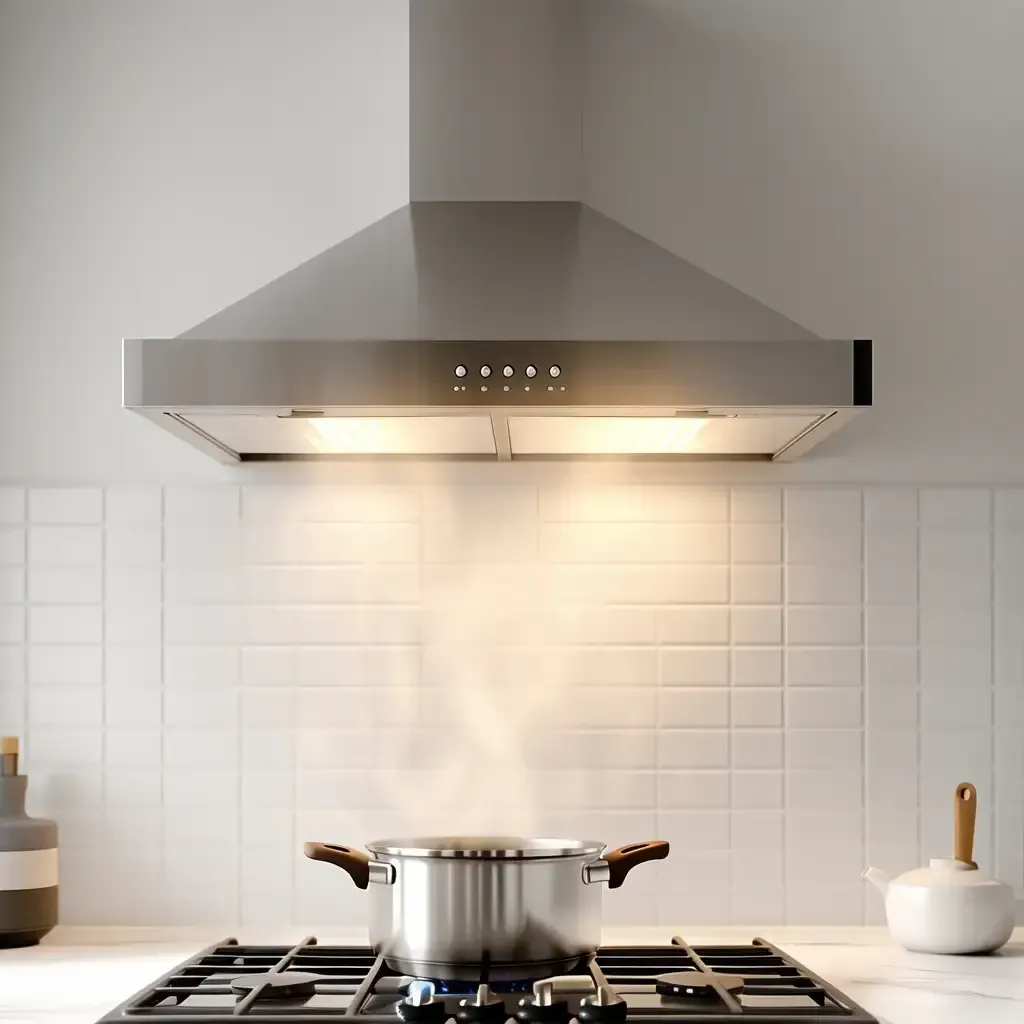Blog
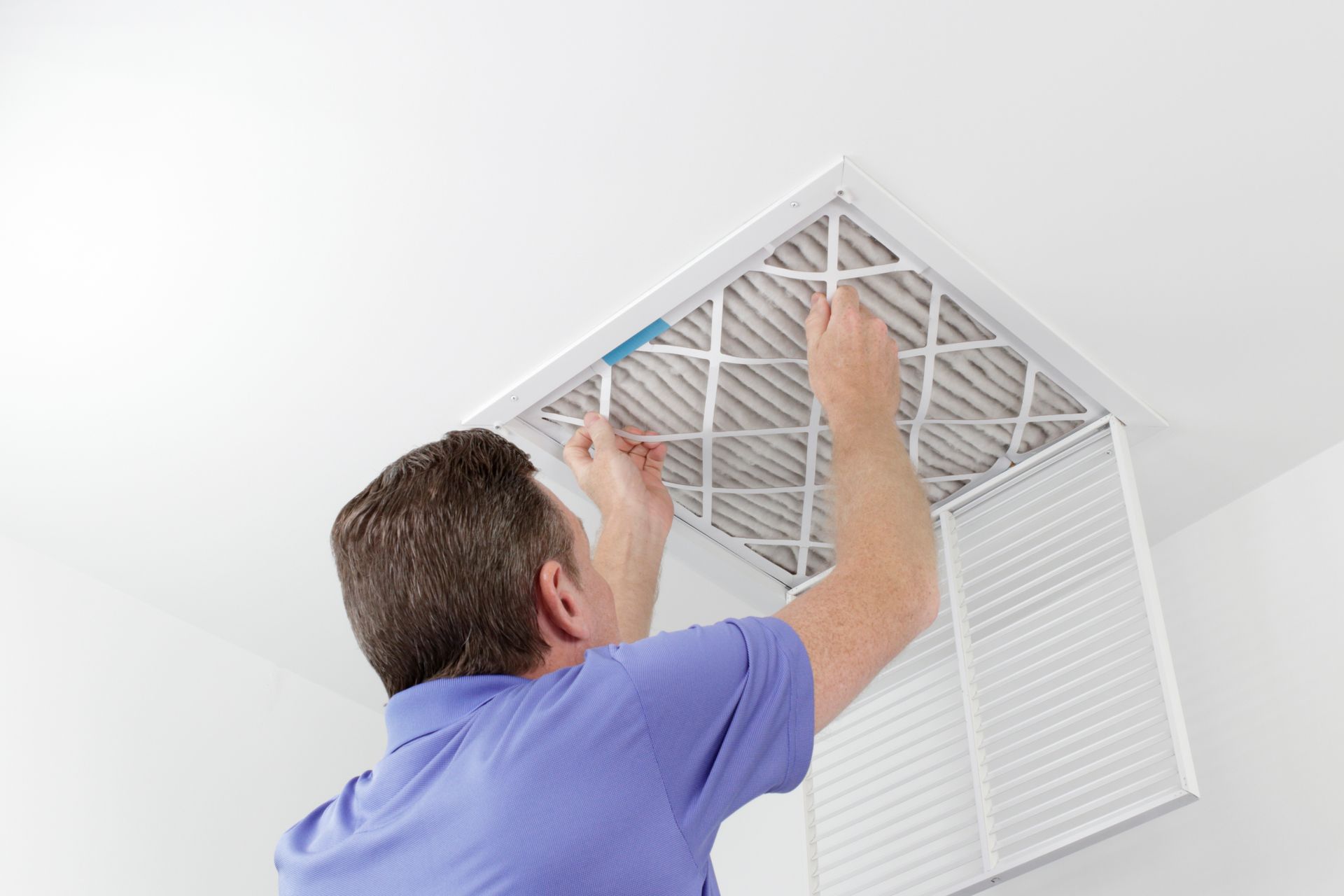
Your home or business depends on clean, efficient ventilation systems to keep the air fresh and comfortable. But dust, dirt, and debris can collect in your system over time. These buildups can impact your air quality, energy bills, and health if left unchecked. That’s where annual ventilation inspections come in. By scheduling regular check-ups, you can stay ahead of potential problems. Inspections make sure your system isn’t just working—but working efficiently and safely. Whether it’s your AC, heating, or ductwork, a proactive approach goes a long way in maintaining comfort year-round. Let’s look at the benefits of scheduling annual ventilation inspections. How Annual Inspections Keep Your System at Its Best These comprehensive check-ups are an essential aspect of home or business maintenance. During inspections, a trained professional checks for any signs of wear and tear, damage, or inefficiency in your ventilation system. They examine all components and connections to ensure they are functioning correctly. Here are some specific ways that annual inspections can benefit you: Ensure Optimal System Performance An HVAC inspection ensures your heating and cooling systems are running efficiently. During the process, a technician checks for any issues that could reduce performance. For example, dirty filters, clogged ducts, or worn-out parts are spotted and fixed before they become more significant (and expensive) problems. Plus, inspections help your system last longer. Instead of overworking to compensate for issues, your HVAC system will work smoothly—keeping you comfortable while cutting energy costs. How To Prevent Mold in AC Over time, dust, allergens, and even mold can accumulate in your system, affecting the air you breathe. Systems that aren’t maintained are less likely to filter these out effectively. Scheduling NADCA duct cleaning as part of your annual inspection ensures your ducts are free of harmful buildups. This process eliminates hidden pollutants, benefiting those with allergies, asthma, or respiratory issues. Caring for your ventilation systems creates healthier spaces for your family, employees, or customers. Does Sealing Your Vents Save Energy? There’s nothing worse than discovering a faulty heating or cooling system on a hot summer day or a chilly winter evening. Regular HVAC system inspections catch potential problems early before they become inconvenient breakdowns. HVAC inspectors can detect failing parts, leaks, or inefficiencies during a routine heating and air inspection. Addressing these issues on time avoids costly emergency repairs and downtime when you need your system most. Stay Compliant as a Business Owner For business owners, annual air conditioning inspections and heating and cooling inspections aren’t just recommended—they’re often required by building codes or health standards. Maintaining clean and efficient systems keeps your business compliant while creating a better environment for staff and customers. Professional maintenance also shows you prioritize air quality and safety, which builds trust and satisfaction with your clientele. Enjoy A Worry-Free System With Air Doctor Duct Cleaning & Lining in Phoenix Whether a homeowner or a business owner, ensuring your systems have new HVAC technology is a smart investment. However, poor ventilation can cause costly breakdowns or declining air quality. It’s frustrating to deal with comfort issues when you have other priorities. At Air Doctor Duct Cleaning & Lining in Phoenix, we take pride in offering services like HVAC inspection and NADCA duct cleaning so you can enjoy clean, efficient, and worry-free ventilation. Schedule your annual ventilation inspection today and ensure your home or business is as comfortable and safe as possible.
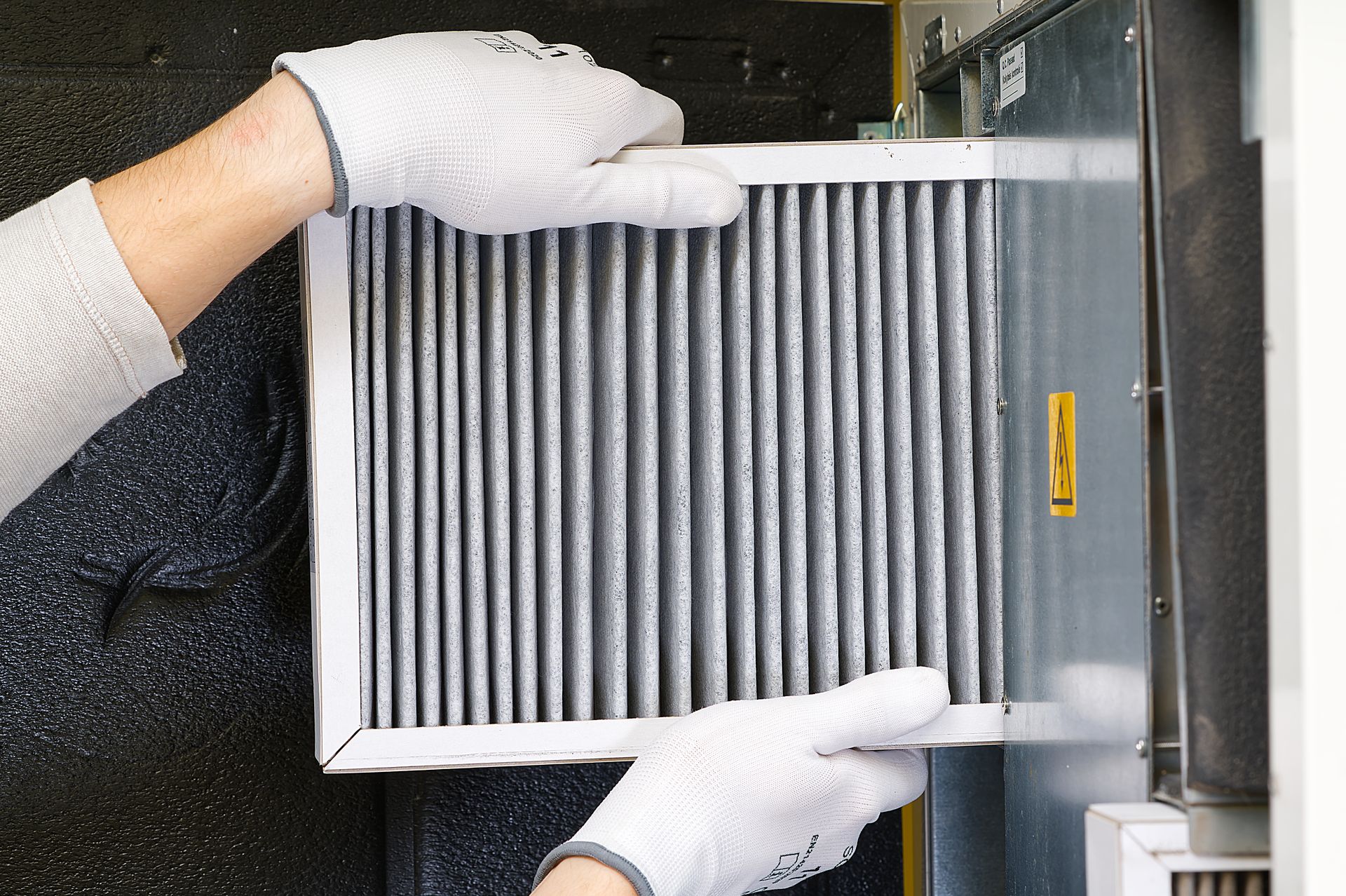
Air filters play an important role in keeping your HVAC system running efficiently and your indoor air clean. The right filter doesn’t just protect your system—it also helps improve the air you breathe, whether you’re a homeowner trying to reduce allergens or a facility manager maintaining ventilation safety. So, making the right choice matters. However, with so many options, figuring out which is best can feel overwhelming. Don’t worry—this blog will guide you through the essentials for selecting the perfect air filter for your HVAC system. Let’s get started! Know the Filter Types Plenty of air conditioning filters are on the market, but they’re not all created equal. The most common types are the following: Fiberglass filters are the most basic and affordable but aren’t excellent at trapping small particles. Pleated filters offer better filtration, capturing dust, pollen, and other allergens. They are ideal for homes. HEPA filters are the best for improving indoor air quality. They trap 99.97% of airborne particles but may not be suitable for all HVAC systems due to restricted airflow. It’s essential to check your system’s specifications before choosing. Not all air filters for air conditioners use the same materials, so make sure the one you pick is compatible with your HVAC. Match the Filter to Your Needs Your choice of filter should depend on your specific needs. Are you struggling with allergy and air conditioning concerns? Look for filters with a high MERV (Minimum Efficiency Reporting Value) rating, which indicates a filter’s ability to trap small particles. If you’re responsible for a large facility, consider prioritizing filters that balance efficiency with energy costs. For businesses or homes with pets, go for filters that capture dander and fur to keep indoor air fresh and clean. Inspect the Condition of Your Ductwork Even the best air filters can’t work if your ductwork is in poor condition. The condition of your ducts has a direct impact on air quality. And yes, can mold grow in the ductwork? Unfortunately, it can. You might be circulating contaminated air through your home if there are leaks or excessive moisture. Before replacing your filter, inspect your ducts for dust, debris, and damage. Investing in HVAC duct sealing can prevent leaks and ensure your air system is as efficient as possible. A clean duct system with the right filter will drastically improve indoor air quality. Keep Up with New Technology The latest HVAC technology has made strides in providing smarter, more effective solutions. Some modern air filters come with sensors that monitor air quality and life span and alert you when they need replacing. These high-tech solutions make maintenance a breeze while ensuring your HVAC system runs at peak performance. While they might cost more upfront, these upgrades pay off over time by improving efficiency and indoor air quality. Choose the Best with Air Doctor Duct Cleaning & Lining in Phoenix Whether you want a healthier home for your family or a better work environment for your employees, picking the right air filter is an investment in clean air and HVAC efficiency. Clogged filters or inefficient systems can leave homeowners and facility managers concerned about health and operational costs. No one should have to deal with stale, allergen-filled air or an underperforming HVAC system. We understand your concerns at Air Doctor Duct Cleaning & Lining in Phoenix. From discussing filter options to performing NADCA duct cleaning, we support your air system needs. Schedule a consultation with us today and breathe easier tomorrow.
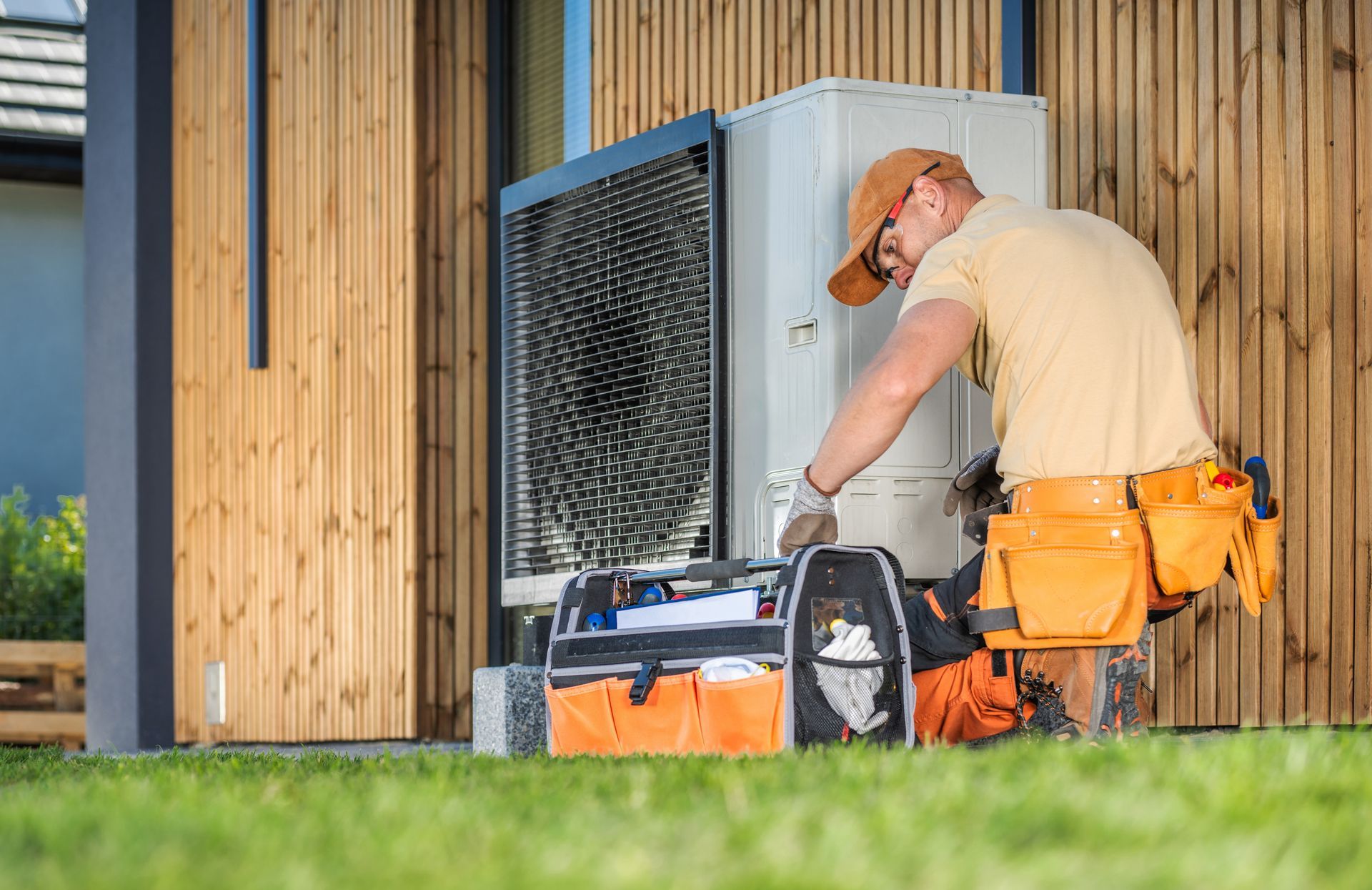
Your HVAC system is an important part of your home. It keeps you cool during scorching summers and cozy during chilly winters. But your system may wear out faster than it should without proper care. Extending the lifespan of HVAC systems doesn’t have to be complicated or expensive. With the right tips, you can get years of solid performance while keeping your home comfortable. Keep reading to learn more about how you can extend the lifespan of your HVAC system through proper upkeep! Simple Tips to Keep Your HVAC in Top Shape A little upkeep goes a long way. Proper maintenance can improve your system’s efficiency and maximize its longevity. Here’s how you can make it happen: 1. Change Filters Regularly Replacing air filters might seem small, but it’s super important. Dirty filters make your system work harder, reducing the HVAC system’s lifespan. Check your filters monthly and replace them as needed, especially if you have pets or live in a dusty environment. 2. Keep the Outdoor Unit Clean The outdoor unit often collects leaves, dirt, and debris. If it gets clogged, it affects the efficiency of your HVAC. Regularly clear debris around the unit and gently clean any visible dirt buildup. This simple effort boosts the efficiency of your system and adds precious years to its life. 3. Don’t Skip Seasonal Maintenance Seasonal maintenance is a must. Schedule professional check-ups before summer and winter to ensure your system is ready for the season’s demands. Professionals can tackle residential air duct cleaning, checking refrigerant levels, and inspecting other critical components. 4. Seal Your Ducts Leaky ducts waste energy and overwork your system, which can shorten your air conditioner’s lifespan and even lead to higher utility bills. HVAC duct sealing helps ensure that heated or cooled air reaches your living spaces without escaping through gaps or cracks in the ductwork. 5. Don’t Overwork Your System Set temperatures that are comfortable but reasonable. Constantly cranking the AC or heater to extremes will wear your system down faster. Invest in a programmable thermostat to efficiently regulate your indoor climate while reducing strain on your HVAC. 6. Watch Out for Air Quality Issues Bad air quality can shorten your HVAC’s life and jeopardize your health. Excessive dust, pollen, and mold may cause HVAC allergies and increase wear and tear on your system. Scheduling residential air duct cleaning is a game-changer, especially when dealing with dirty air duct health problems. 7. Winter Tips Winter can be challenging for HVAC systems, but a few precautions can help. Some top HVAC winter tips include sealing drafty windows and doors, cleaning furnace components, and ensuring your outdoor unit is free of snow or ice. Taking these steps makes a big difference come springtime. Enjoy Comfort and Peace of Mind for Years to Come Your HVAC might break down unexpectedly without proper maintenance, leaving you stressed and frustrated. No one should have to deal with an underperforming system’s burden—or expense. At Air Doctor Duct Cleaning & Lining in Phoenix, we know how important your HVAC system is to your home. We’re here to help you extend its lifespan with services like HVAC duct sealing, air quality checks, and cleaning solutions. Your comfort and satisfaction are our priority. Get ahead of potential problems and prolong your HVAC life with our expert support today!
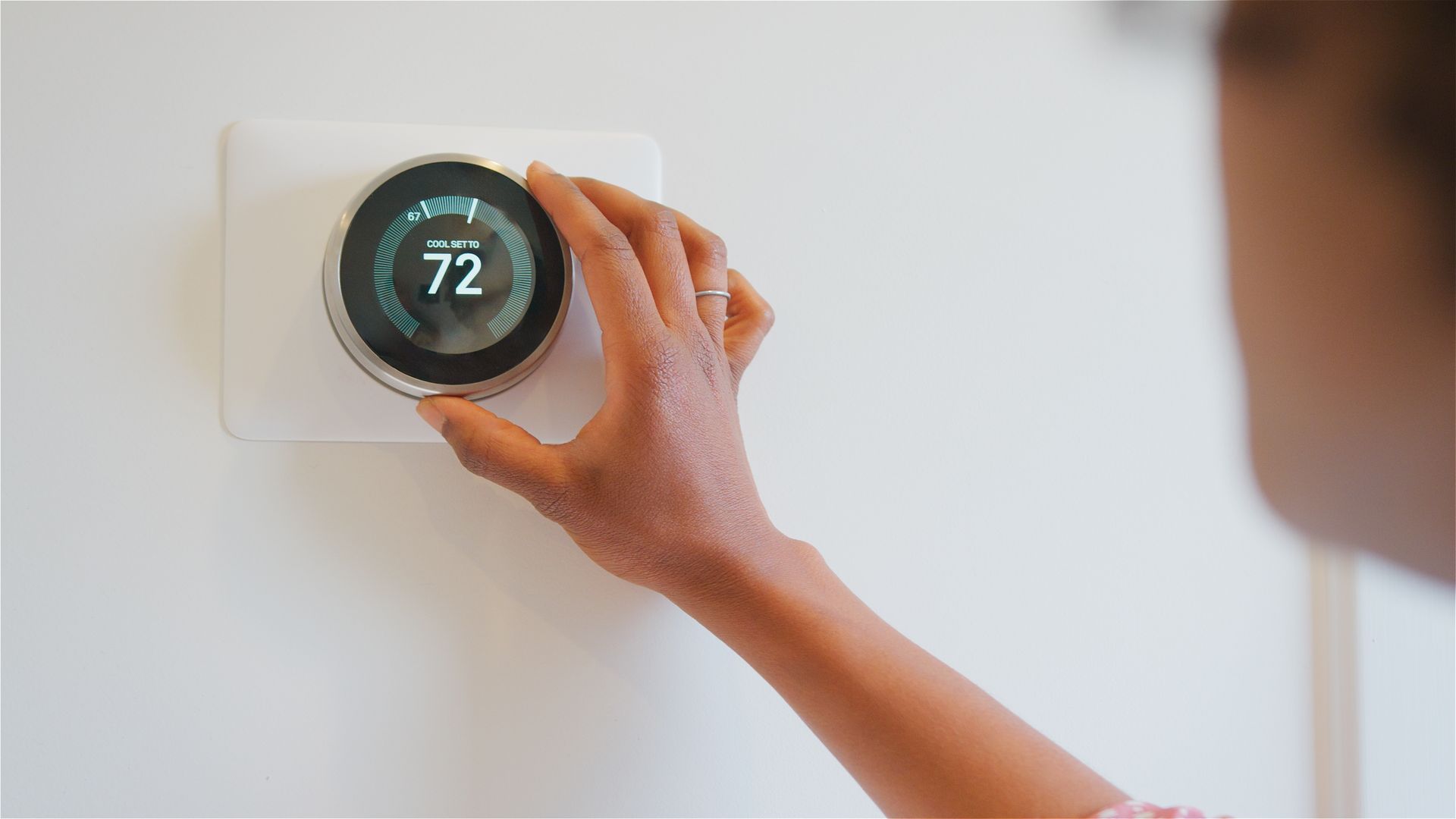
Saving energy at home is more important than ever. From reducing utility bills to helping the environment, making smarter choices benefits everyone. That’s where smart thermostats come into play. But are they worth the investment? In this blog, we’ll explore their benefits, explain how they work, and help you decide if upgrading is right for you. Keep reading! Why Consider a Thermostat Upgrade? Your thermostat controls how hard your HVAC system works, which can directly affect your energy bills. By upgrading thermostat controls to a smarter, more efficient model, you can gain better control over your home’s heating and cooling while potentially saving money. But how exactly does this technology make a difference? Let’s take a closer look: How Do Smart Thermostats Work? They connect to your Wi-Fi and use sensors, geofencing, and schedules to learn your habits. For example, they might know to turn off the system when you leave for work or adjust temperatures for maximum comfort as you arrive home. How Do Thermostats Save Energy? They minimize wasted heating and cooling by only working when needed. Forget leaving your AC blasting during the day or overlapping temperature cycles. With a programmable thermostat, you have full control, which scales back energy use and improves your monthly bills. Features to Look for in Smart Thermostats When considering a thermostat upgrade, look for smart devices with user-friendly features such as voice control, app connectivity, and energy reports. The best models integrate with your home’s HVAC zone system if you’ve divided your home into separate heating and cooling zones. This level of precision lets you prioritize comfort in some areas while saving energy in others. Some smart thermostats even provide integration with newer innovations in the latest HVAC technology, ensuring your system runs efficiently and with minimal energy waste. Do Smart Thermostats Really Pay Off? The short answer is yes—for most homeowners. Intelligent thermostats can save significant amounts on monthly energy costs and enhance the performance of your HVAC system. With technology like AC ventilation optimization and advanced scheduling, many homeowners find that these thermostats pay for themselves over time. That said, the pay-off may vary depending on your current system. If your home has leaky ducts, poor insulation, or airflow issues, a thermostat alone won’t solve all your problems. You may also want to look into duct sealing to further boost your HVAC’s efficiency. Other Benefits of Smart Upgrades Besides saving energy and money, smart thermostats contribute to a cleaner, healthier indoor environment. Pairing your thermostat with an indoor air quality inspection ensures that you’re controlling temperatures and keeping allergens, dust, and pollutants under control. Additionally, these thermostats can alert you to malfunctions or maintenance needs faster than traditional models. This feature can protect your system from unnecessary strain and costly repairs. Your Comfort, Your Choice with Air Doctor Duct Cleaning & Lining Becoming an energy-conscious homeowner means making informed decisions about where and how you use energy. You’re left with rising utility costs and wasted energy without reliable tools like intelligent thermostats. No one deserves to experience the frustration of ballooning bills or an inefficient HVAC system. At Air Doctor Duct Cleaning & Lining in Phoenix, we’re here to support your energy-saving goals. Whether it’s upgrading to smarter technologies, scheduling routine indoor air quality inspections, or looking into the latest HVAC technology for improved efficiency, our team has your back. Schedule a consultation with us!

Keeping your home comfortable year-round can be tricky, especially when everyone has a different idea of the “perfect” temperature. But what if you didn’t have to fight over the thermostat anymore? With HVAC zoning, you can enjoy personalized comfort while improving energy efficiency. In this blog, we’ll explain how zoning works, its benefits, and why it’s worth considering for your home. Let’s get started! What is HVAC Zoning? Before we jump into the advantages, let’s start with the basics. What is a zoning system? It allows you to divide your home into separate areas, or zones, and control the temperature in each one independently. Instead of relying on a single thermostat, a zoned HVAC system uses multiple thermostats and dampers to manage airflow. This means you can heat or cool specific areas without affecting the rest of the house. For example, if your family spends most of their time in the living room during the day, you can focus the HVAC system’s efforts and save energy in unused rooms. How HVAC Zoning Works Now that you know the concept, you might ask how HVAC zoning works. At its core, a zoning system uses motorized dampers installed in the ductwork. These dampers open and close to control airflow to different zones in your home. The thermostats communicate with the system to maintain your desired temperature in each area. Pair this with smart thermostats; you can adjust your phone or even program your system according to your schedule. This level of control makes a zoned HVAC system both efficient and convenient. Why Choose an HVAC Zone System? Here is why you should consider HVAC zoning for your home: 1. Personalized Comfort An HVAC zone system allows every family member to enjoy their preferred temperature. Do you want the upstairs cooler but the living room warmer? No problem. This system caters to every zone’s needs, avoiding constant adjustments to a single thermostat. 2. Energy Efficiency Zoning improves your HVAC system’s efficiency, reducing waste. Why do heat or cool rooms you rarely use? You may wonder, does sealing my vents save energy? Combining vent sealing with a zoning system ensures no air escapes, maximizing efficiency and reducing costs. 3. Better Indoor Air Quality If someone in your household experiences allergy and air conditioning issues, zoning can help. It limits dust, allergens, and pollutants to specific areas rather than circulating them throughout the house. Combine this with HVAC dust control and regular maintenance like commercial HVAC duct cleaning, and you’ll breathe easier. Ensuring Safety & Smart Ventilation Zoning also improves ventilation safety, crucial for maintaining a healthy home. It prevents uneven airflow and uncomfortable pressure imbalances, ensuring your system operates safely. Plus, when paired with routine duct cleaning and inspections, a zoned system keeps your home’s air clean and fresh. Experience Comfort & Efficiency with Air Doctor Duct Cleaning & Lining You want your home to be a place of comfort and efficiency—a space your family loves to spend time in. You may feel frustrated with hot or cold spots and rising energy bills without proper temperature control. No one deserves to feel overwhelmed or stuck with a system that doesn’t meet their needs. At Air Doctor Duct Cleaning & Lining in Phoenix, we understand the importance of a reliable HVAC system. Whether you’re looking to install HVAC zoning, improve indoor air quality, or schedule services like duct cleaning, we’re here to help. We’ll work with you to create a solution that meets your comfort and energy-saving goals. Contact us today to learn more about zoning and how it can transform your space!

